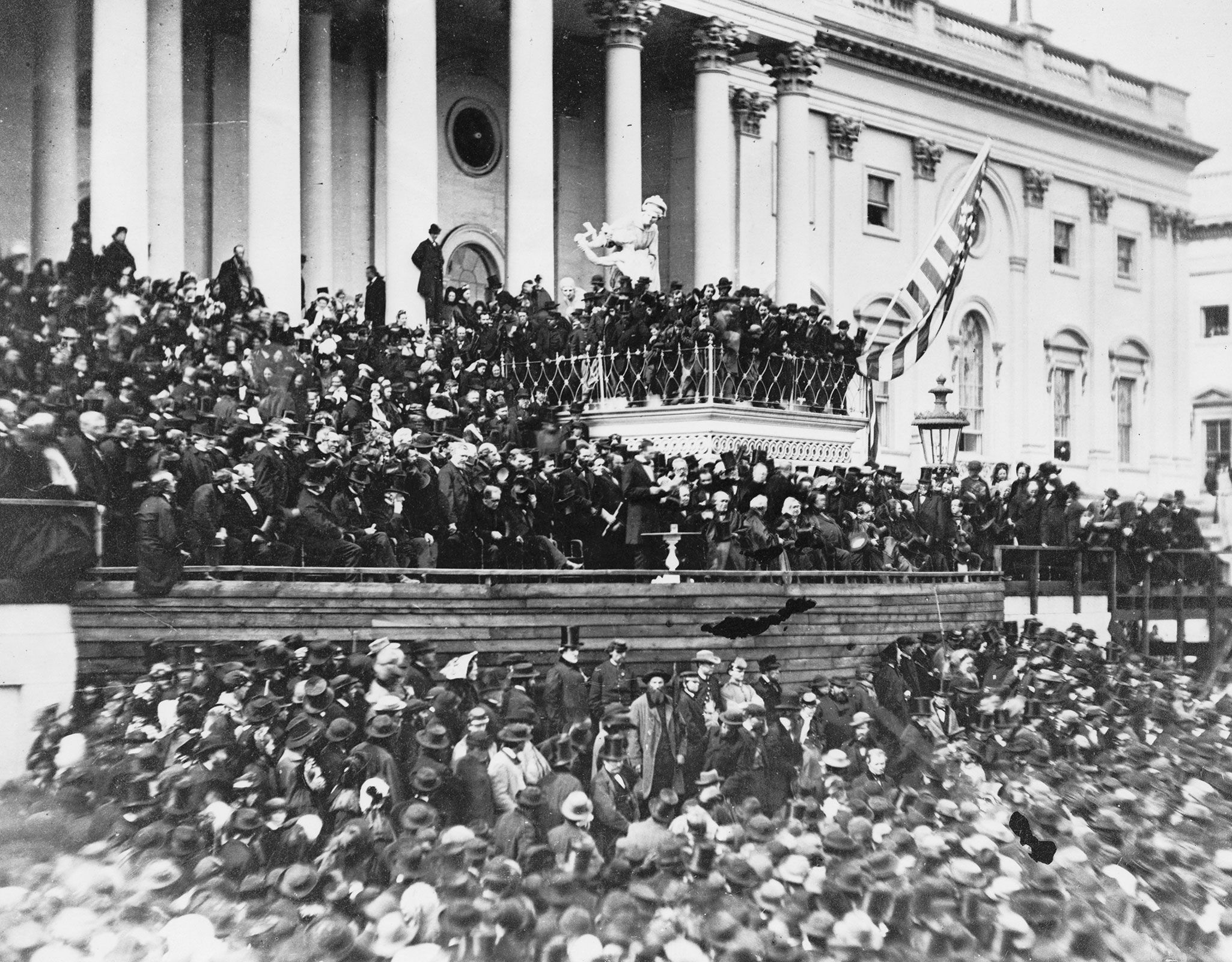As the United States grapples with the legacy of its original sin, slavery, and the persistent threat of white supremacy, echoes of the Civil War’s origins are reverberating through the upcoming presidential election, 163 years after Southern states seceded from the Union.
President Joe Biden, on Monday, drew parallels between Trump supporters who refuse to acknowledge the 2020 election results and former Confederates who subscribed to the “lost cause” narrative of the Civil War. This narrative, largely adopted by white Southerners, conveniently overlooked the issue of slavery.
“We’re living in an era of a second lost cause,” Biden said. “There are some in this country trying to turn a loss into a lie. A lie which, if allowed to live, will once again bring terrible damage to this country. This time the lie is about the 2020 election.”
The Civil War’s relevance in the 2024 election was brought to the forefront by former South Carolina Gov. Nikki Haley. Haley, who is seeking the GOP presidential nomination, initially failed to acknowledge slavery as a cause of the Civil War during a speech in New Hampshire. She later clarified her stance, stating that the Civil War was indeed about slavery, but also about individual freedoms, a topic that resonates with Republican primary voters.
Haley’s connection to the Confederacy and racism is not lost on her. As the Republican governor, she ordered the removal of the Confederate battle flag from the South Carolina statehouse grounds following a mass shooting at Mother Emanuel AME church in Charleston in 2015. It was from the pulpit of this church that Biden recently addressed the “poison” of white supremacy in contemporary American society.
Meanwhile, former President Donald Trump, the current GOP front-runner, expressed confusion over why the Civil War wasn’t negotiated rather than fought. He seemed to overlook the fact that the issue of slavery had been the subject of multiple compromises in the years leading up to the Civil War. He also suggested that Abraham Lincoln, the first Republican president and the emancipator of the enslaved, is only known today because of the war.
Another Republican presidential candidate, Florida Gov. Ron DeSantis, criticized his party rivals for their comments. However, DeSantis himself sparked controversy last year by rejecting a new Advanced Placement African American studies course that he felt was biased. His stance on the teaching of racism and history in schools has significantly boosted his national profile.
Both Trump and DeSantis have faced criticism for their views on the Civil War. Trump has expressed frustration over the changing public perception of the Civil War and has opposed efforts to remove statues commemorating Confederate figures. DeSantis, despite having taught high school history early in his career, has been accused of downplaying the role of slavery in the Civil War.
As the country enters a contentious election year, it is crucial to remember the lessons of the Civil War, a time when American democracy nearly collapsed. The Civil War was a stark reminder that democracy is not invincible, and the current political climate underscores the importance of understanding and acknowledging the true causes and consequences of this pivotal period in American history.

